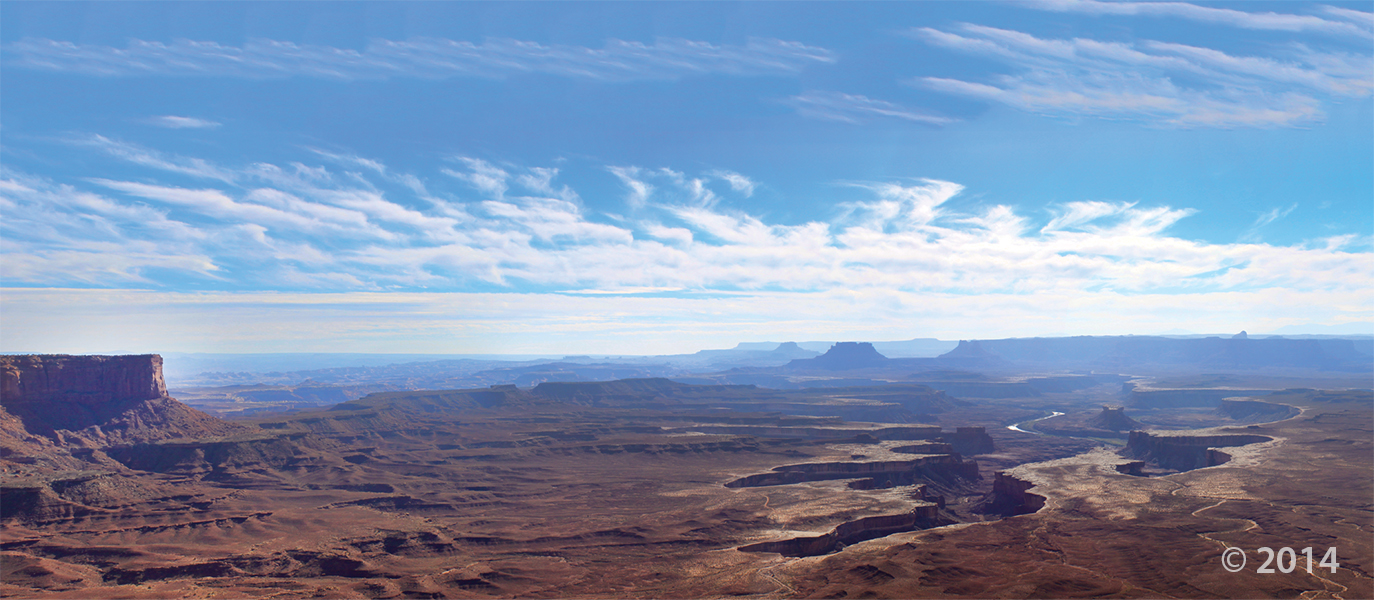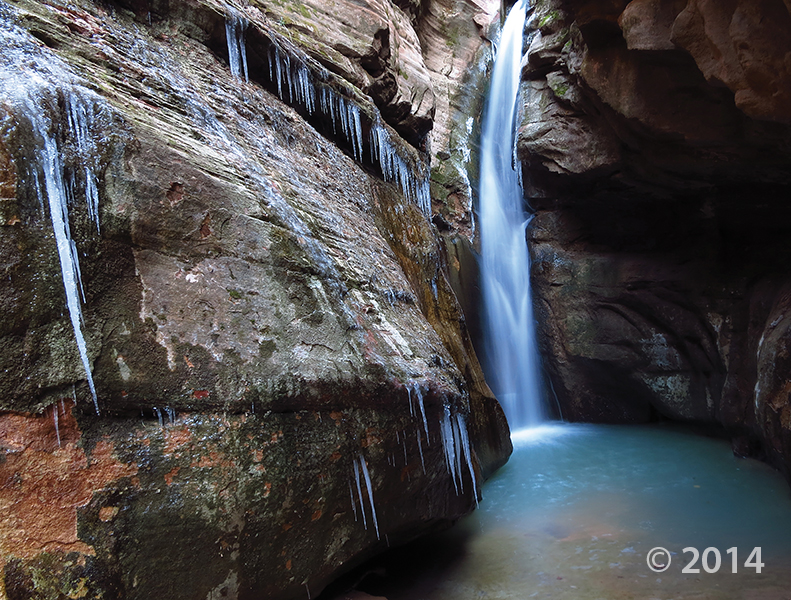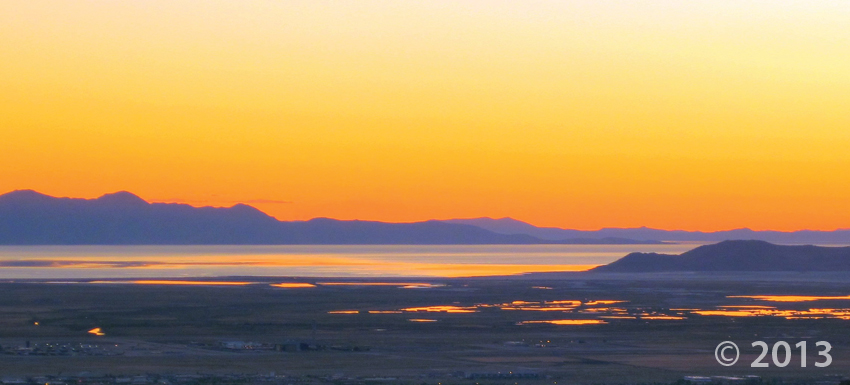nbcnews.com
This was a great year for dinosaurs. Dreadnoughtus, “Jar Jar Binks,” and a swimming Spinosaurus all made headlines — and 2015 could hold even more surprises.
sltrib.com
The Stonegate subdivision seems like a great place to settle down and raise kids. But a dank secret lurks under its sprawling lawns.
Zion National Park, Washington County, Utah
Photographer: Tyler Knudsen; © 2014
One of numerous slot canyons carved into Jurassic-age Navajo Sandstone in Zion National Park, Bear Trap Canyon is particularly dark and narrow. With little sunlight penetrating to the canyon floor, snow and ice often linger well into spring.
nationalgeographic.com
Birds are dinosaurs. This fact is easily understood by looking at the scaly feet of a chickadee or by comparing a chicken wing to a Velociraptor arm. But given that birds are the only “terrible lizards” around today, it’s easy to forget that they also thrived alongside their non-avian kin for 84 million years. The first birds evolved in the Late Jurassic, roundabout 150 million years ago, and they became a widespread and successful branch of the dinosaur family tree.
What are Utah’s Arches trying to tell us? Read more in this article about an arch’s “song” that scientists are looking at.
bbc.com
These geological wonders adorn the Colorado Plateau in the southwestern US – not to mention the desktop wallpapers of countless computers worldwide.
While the weather has been warm, and there’s not a lot of snow or ice around, it’s a great time of year to look at the Ice Age animals of Utah. Did you know that Great Salt Lake is the remnant of Ice Age lake, Lake Bonneville? Read more about this different age in Utah in our “Popular Geology” subjects HERE.
sciencecodex.com
The rate at which carbon emissions warmed Earth’s climate almost 56 million years ago resembles modern, human-caused global warming much more than previously believed, but involved two pulses of carbon to the atmosphere, University of Utah researchers and their colleagues found.
Check out the latest dino news! One of our paleontologists, Scott Madsen, discovered this little guy in 1997 in what is called the Cloverly Formation in southern Montana. Utah State Paleontologist, James Kirkland, talks more about the fossil’s significance in this article.
cbsnews.com
Paleontologists have identified the fossil of a horned dinosaur the size of a house cat that is the oldest of its kind ever discovered in North America – by 15 million years.








